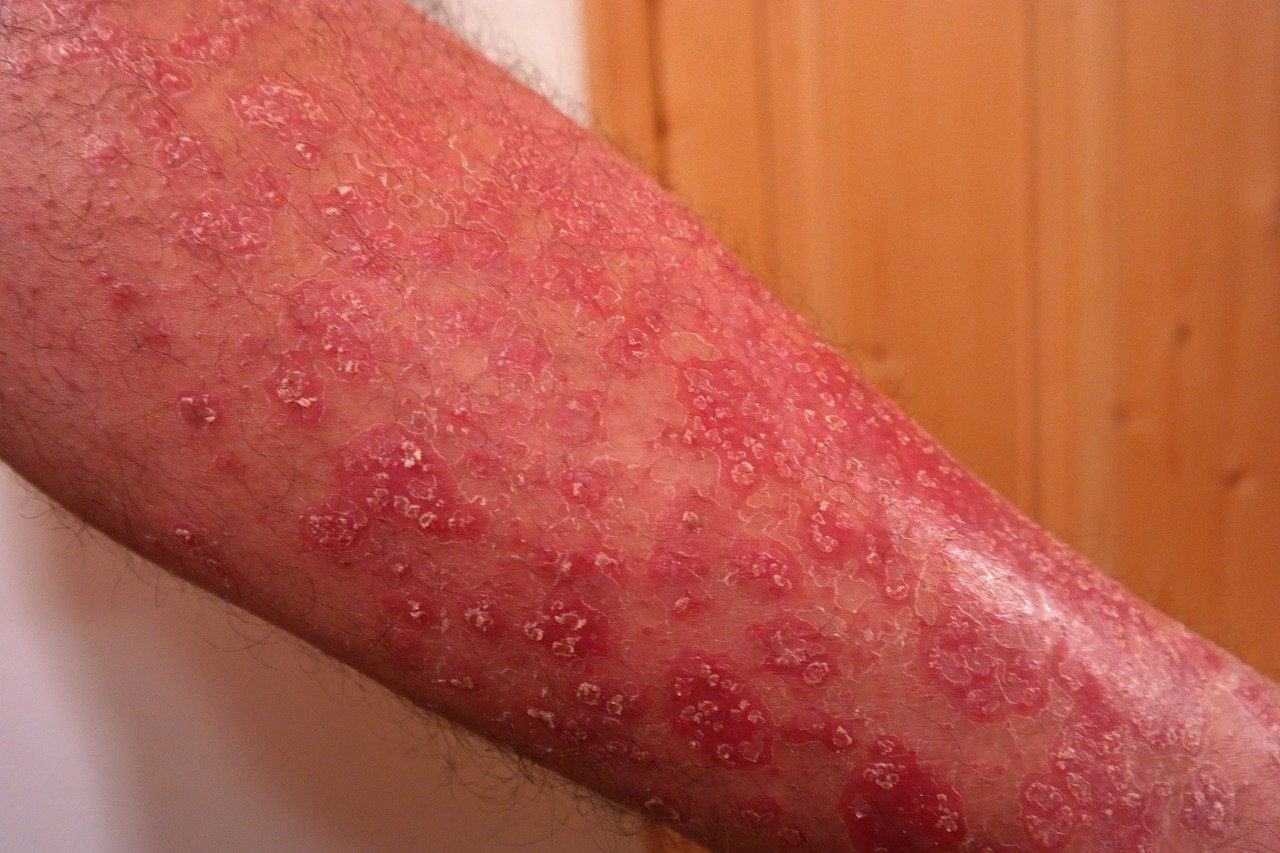In July 2018 researchers from France published the results of their study to assess the effect of a 2-year diet that excluded six refined foodstuffs, ie margarine, vegetable oils, butter, … Read more
Sleep and dietary patterns, technology and internet usage, perinatal factors, breastfeeding, birth delivery mode and exercise all appear to have an effect on the amount of impulsive behaviour seen in children and adolescents with attention deficit/hyperactivity disorder
In September 2019 researchers from Spain published the results of their study to assess the association between weight, birth attributes, exercise and sleep habits, dietary intake and impulsive behaviour in … Read more
Scientists, public health practitioners and parents need to better understand the content of their child’s screen time, how they use screens to fulfill specific needs, and how their interaction with screens has an impact on their health and choices
In May 2020 researchers from the USA published their review on the association of extended television viewing with obesity in adolescents. The researchers stated that on a global basis, adolescent … Read more
Scientists, public health practitioners and parents need to better understand the content of their child’s screen time, how they use screens to fulfill specific needs, and how their interaction with screens has an impact on their health and choices
In May 2020 researchers from the USA published their review on the association of extended television viewing with obesity in adolescents. The researchers stated that on a global basis, adolescent … Read more
Moderate wine intake, especially red wine, at 1-2 glasses per day as part of the Mediterranean diet, appears to be associated with disease prevention and an improvement in disease prognosis
In August 2018 researchers from Greece published their review of the medical scientific literature to assess the association between moderate wine consumption and health. The researchers stated that moderate wine … Read more
A greater adherence to the Okinawan dietary pattern appears to be significantly associated with a reduced incidence of ischaemic heart disease
In February 2020 researchers from China and Australia published the results of their study to assess the association between the Australian Dietary Guidelines 2013, Mediterranean-DASH diet Intervention for Neurodegenerative Delay … Read more
Diets, such as the MIND diet, which contain phenolic compounds, omega-3 fatty acids, fat-soluble vitamins, isothiocyanates, and carotenoids may reduce the risk of Alzheimer’s disease
In March 2020 researchers from Poland published their review on the role of certain bioactive compounds that appear to be effective in preventing neurodegeneration. The researchers stated that neurodegeneration is … Read more
Fish consumption is related to higher blood levels of per- and polyfluoroalkyl substances, mercury and arsenic, whilst fruit consumption can be a source of exposure to organophosphate pesticides
In October 2019 researchers from Norway, Lithuania, Spain, UK, Greece, France and the USA published the results of their study to assess the association between diet and measured blood and … Read more
Maternal healthy eating patterns during the period surrounding pregnancy do not appear to be independently associated with offspring overweight risk at ages 12-23 years
In March 2020 researchers from the USA, Germany and Austria published the results of their study to assess whether maternal diet quality during the period surrounding pregnancy is related to … Read more
A higher quality diet appears to be associated with a lower liver fat content and a lower incidence of non-alcoholic fatty liver disease
In March 2020 researchers Germany and the USA published the results of their study to assess the association between food consumption and liver fat content. A total of 136 individuals … Read more
Consuming healthy diets appear to be effective in reducing both systolic and diastolic blood pressure, with high-fibre and low-sodium diets appearing to produce the greatest reductions in systolic and diastolic blood pressure in individuals with diabetes type 2
In April 2020 researchers from Iran and Puerto Rico published their review of the medical scientific literature to assess the effect of different dietary approaches on systolic and diastolic blood … Read more
A higher adherence to the DASH diet appears to be associated with lower blood pressure, abdominal fat rating and waist circumference in university students
In March 2020 researchers from Spain published the results of their study to assess the association between adherence to the Dietary Approaches to Stop Hypertension (DASH) diet and blood pressure … Read more
Adults genetically at risk of developing hypertension who take vitamin B2 (riboflavin) supplementation may reduce their systolic blood pressure by up to 13 mmHg, which could be clinically important seeing that a 10 mmHg reduction in systolic blood pressure is estimated to decrease the risk of stroke by 40%
In April 2020 researchers from the UK published their review to assess the association between nutrition and risk of hypertension. Hypertension contributes to over 9 million deaths per annum, mainly … Read more
An aggressive weight loss programme in overweight/obese individuals with chronic plaque psoriasis may significantly reduce the area of body surface involved and itch severity with a resultant improvement in the quality of life
In February 2020 researchers from Italy published the results of their study to assess the effectiveness of an aggressive weight-loss programme in overweight/obese individuals with chronic plaque psoriasis. A total … Read more
Whilst major depressive disorder is linked to a poor quality diet, the link between diet and severity of depressive symptoms appears to be seen only in those individuals who report appetite loss
In February 2020 researchers from the USA published the results of their study to assess the association between diet quality and inflammation in individuals with major depressive disorder. A total … Read more
A better quality diet appears to be associated with a slower decline in verbal memory among African American women who are at a greater risk of developing Alzheimer’s disease
In April 2020 researchers from the USA published the results of their study to assess the role of diet quality on cognitive functioning, by sex and increasing genetic risk for … Read more
Exposure to endocrine disrupting chemicals during pregnancy, infancy, childhood or puberty may lead to adult testis dysfunction and infertility
In February 2018 researchers from Poland published their review on endocrine disrupting chemicals and whether they are a danger to a child’s health. The researchers stated that endocrine disrupting chemicals … Read more
A higher adherence to the Healthy Eating Index-2015 and DASH diets appears to be associated with a lower risk of non-alcoholic fatty liver disease, with the association being stronger for individuals with cirrhosis than for those without cirrhosis
In February 2020 researchers from the USA published the results of their study to assess the association between dietary patterns and risk of non-alcoholic fatty liver disease according to cirrhosis … Read more
The current intra-Union trade reference level for perchlorate in spinach of 0.2 mg/kg, as advocated by the European Commission, may not be sufficient to protect individuals with a high spinach consumption against possible health risks
In April 2018 researchers from Austria published the results of their study to assess dietary perchlorate exposure of the Austrian population for adults, children and infants. In addition, a risk … Read more
Current research does not support dietary gluten intake as being a risk factor for psoriasis, psoriatic arthritis and atopic dermatitis
In March 2020 researchers from Canada and the USA published the results of their study to assess whether increased gluten intake is associated with psoriasis, psoriatic arthritis, and atopic dermatitis … Read more




















